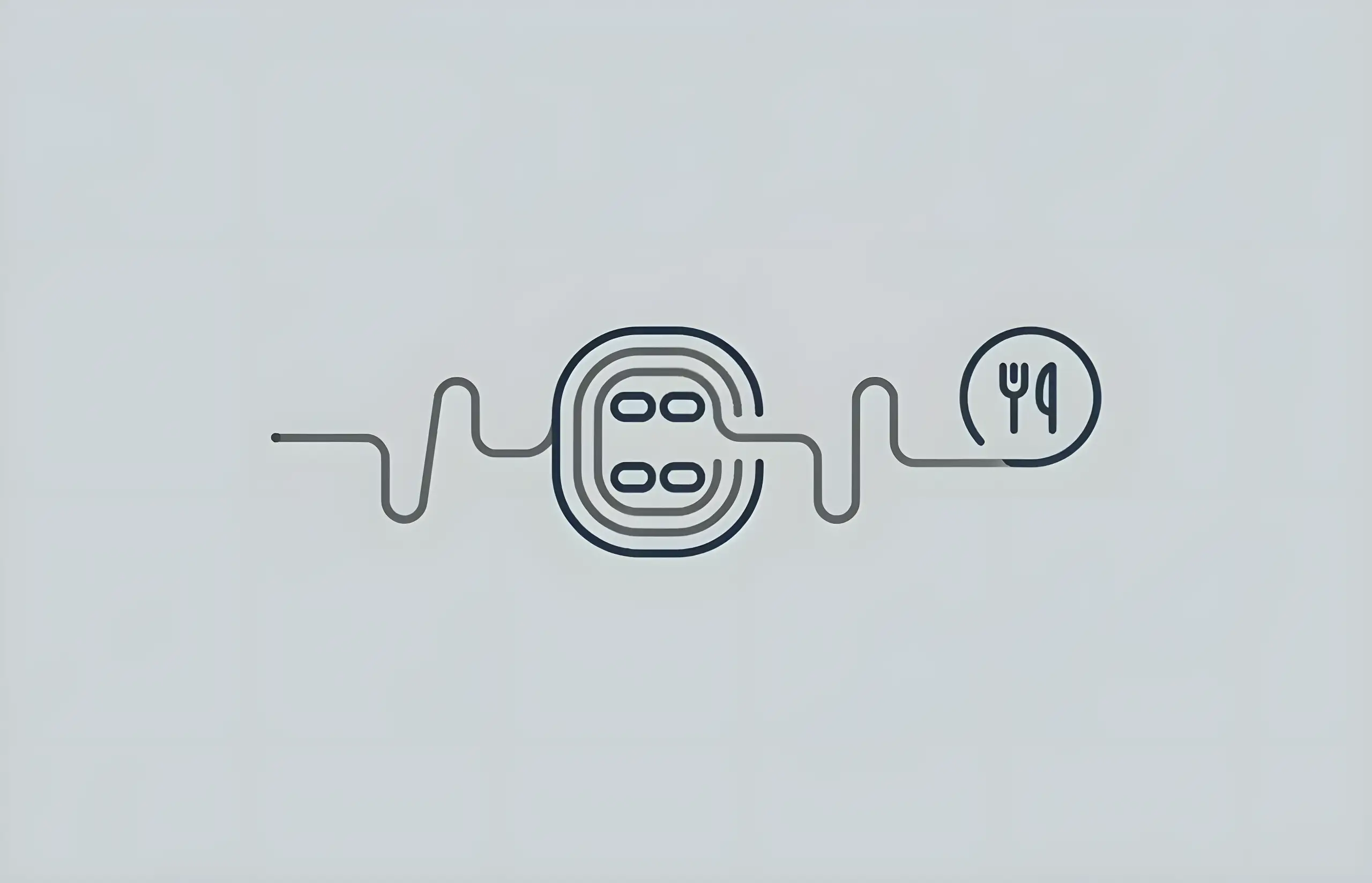Snap-on teeth are a removable prosthetic. In other words, you can put them on and take them off as you choose, like dentures. Like dentures, they can help improve the appearance of your mouth and address various issues with your teeth. However, snap-on teeth work a little differently. Here's what you should know about them.
What Are Snap-On Teeth?
Snap-on teeth are, in a sense, similar to clip-on sunglasses. They're a fake set of teeth that fit on top of your actual teeth and stay in place by attaching to them. Most snap-on teeth are made from resin and look reasonably realistic. It's almost impossible to tell they're not real teeth just by looking at them.
Unlike many other dental prosthetics, snap-on teeth are a purely cosmetic option. They don't require undergoing any surgery. Instead, a dentist will order custom-made teeth based on a mould of your mouth, ensuring they'll fit over your actual teeth well.
Snap-on teeth are a temporary solution in all senses of the word. You can put them on whenever you want, but you should expect to replace them with a better solution in a few years. That's a short time when you think about it. It's generally easy to do this, though, because snap-on teeth are meant to go over your natural teeth instead of being a full replacement solution.
As you might expect, the exact cost of snap-on teeth varies by provider and region. Most dentists will give you an estimate after they examine your mouth and determine what snap-on teeth are best for you.
Can You Eat With Snap-On Teeth?
So, are there snap-on teeth that you can eat with? Sort of. It's more accurate to say that you can eat certain things with snap-on teeth.
Like other dental prosthetics, snap-on teeth need to be strong enough to support the activities you engage in. Unfortunately, most snap-on teeth aren't that strong, especially compared to dental implants. So, if you think you're going to spend all day eating with snap-on teeth, you're going to be very disappointed with what you get.
The good news is that snap-on teeth should stay in your mouth long enough for you to go out to eat somewhere. Their light weight is handy for this because it doesn't take much force to hold them in place. However, like real teeth, they work best when your mouth isn't too dry, so that's something to consider.
What You Should Avoid Eating
If you're going to get snap-on teeth, you should avoid sticky foods. This category includes things like caramel, taffy, and anything else that might try to adhere to your snap-on teeth. Even real teeth can come loose under that kind of constant pulling, and your snap-on teeth have even less to support them.
Furthermore, you should avoid eating things that are too hard. Some examples include nuts, hard candy, French bread, and other foods that could test the durability of your snap-on teeth. If you can break them by biting too hard, eating harder materials can easily dislodge or even outright destroy your snap-on teeth.
Finally, you should avoid anything that requires extensive chewing. These devices simply aren't sturdy enough to support that kind of force for long, and snap-on teeth aren't intended as a replacement for regular dental treatment. They're a stopgap at best.
Caring For Your Snap-On Teeth
If you're going to use snap-on teeth, you should care for them properly so they can last as long as possible. With proper care and maintenance, you can expect snap-on teeth to last for about two years. However, you'll probably want to have them replaced with a more permanent solution, like dental veneers.
Caring for your snap-on teeth is relatively easy. You should remove them once you're finished eating, then brush them with a soft brush and some mild soap. Avoid using regular toothpaste, which is too abrasive for these devices.
After that, thoroughly rinse them to remove all of the soap. It's also important to get rid of any food scraps that may have gotten trapped beneath the snap-on teeth. That's particularly important because a build-up of bacteria can quickly result in infections and other problems you'll need to address.
After you're done cleaning the snap-on teeth, allow them to air-dry. You should also wait for them to dry before you put them back on. That's not too long, but it's enough time to avoid having a mouth that's uncomfortably wet.
If you use your snap-on teeth regularly, you should also consider soaking them in a cleaning solution for dentures or similar products. This makes it easier to remove bacteria that could make your teeth or gums unhealthy.
Snap-on teeth work best when you keep them in a case that protects them from dirt and damage. This also ensures you know where to find them when you want to wear the snap-on teeth again.
The Bottom Line
So, can you get snap-on teeth that you can eat with? Yes, but they're strictly a temporary measure that will last for a few years at best, and you'll need to be very careful about what you eat while wearing them.
If you want to improve your dental health and regain your ability to eat normally, you'll need a more permanent solution. Fortunately, dentists offer a variety of options for addressing oral health issues.
Sources and References
-
[1]
Dental Esthetics and Its Impact on Psycho-Social Well-Being and Dental Self Confidence: A Campus Based Survey of North Indian University StudentsThe Journal of the Indian Prosthodontic Societyhttps://pmc.ncbi.nlm.nih.gov/articles/PMC3792334/
-
[2]
Clinical performance of removable dental prostheses in the context of geriatric prosthetic treatment goalsClinical Oral Investigationshttps://pubmed.ncbi.nlm.nih.gov/26319428/
-
[3]
Prosthetic Materials Used for Implant-Supported Restorations and Their Resistance to Wear: A Systematic ReviewMaterialshttps://pmc.ncbi.nlm.nih.gov/articles/PMC9740691/
-
[4]
Impact of Dental Disorders and its Influence on Self Esteem Levels among AdolescentsJournal of Clinical and Diagnostic Researchhttps://www.ncbi.nlm.nih.gov/pmc/articles/PMC5483721/
All sources accessed and verified on . Medical information reviewed for accuracy and compliance with current guidelines.
Related Articles

Alternatives to Dental Implants
Comprehensive guide to dental implant alternatives including fixed bridges, resin-bonded bridges, partial dentures, and complete dentures with cost comparisons

Dental Implant Costs In The UK – Single Tooth and Full Mouth
Complete guide to dental implant costs, financing options, success rates, and what to expect from single tooth to full mouth implant treatments in the UK

How Much Do Dental Veneers Cost in the UK?
Comprehensive guide to dental veneers including history, materials (composite, porcelain, lithium disilicate), treatment process, costs (£200-£1000 per tooth), longevity, care instructions, and cost factors

Dentures – Costs & Information
Comprehensive guide to denture types, costs, quality of life outcomes, complications, and choosing between conventional dentures and implant-supported options
About The Dental Guide
The Dental Guide is a trusted online resource providing evidence-based information about dental health, treatments, and procedures. Our content is created and reviewed by qualified dental professionals to help you make informed decisions about your oral health.
Our Mission
- Evidence-based dental information
- Expert-reviewed content
- Clear, accessible explanations
- Latest treatment options
- Patient-focused guidance
Editorial Standards
- GDC-registered dental professionals
- Peer-reviewed sources
- Regular content updates
- Medical accuracy verification
- Transparent authorship
Important Notice
The information on The Dental Guide is for educational purposes only and should not replace professional dental advice. Always consult with a qualified dentist for diagnosis and treatment recommendations tailored to your individual needs and circumstances.
Medically Reviewed
Reviewed by Dr. Nasim Mechoui , BDS (Bristol)
Share this article
Comments & Discussion
Have questions about dental implants? Share your thoughts or experiences.
